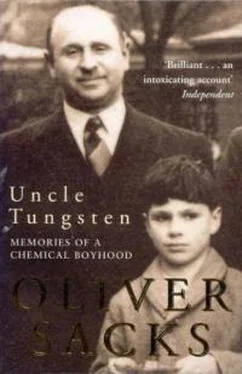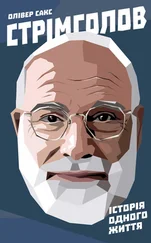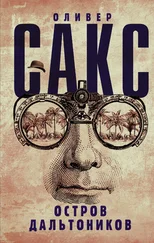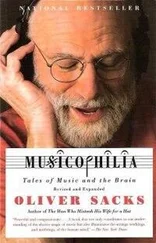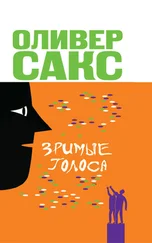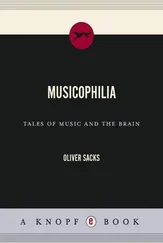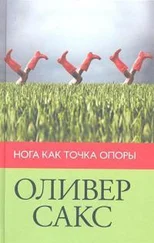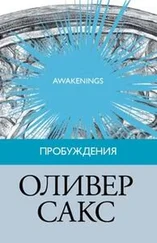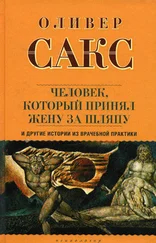But our very success, and perhaps other, never explicitly avowed thoughts – that we were mocking authority, that we had subversive intent, that we had ‘killed’ the Milton Society (which had now, in reaction, suspended its never-frequent meetings), and that we were a lot of obnoxious, noisy, clever Jewish boys who needed to be put down – led to our demise. The High Master called me in one day, and said without ceremony, ‘Sacks, you’re dissolved.’
‘What do you mean, sir?’ I stammered. ‘You can’t just ‘dissolve’ us.’
‘Sacks, I can do whatever I want. Your literary society is dissolved as of this moment.’
‘But why, sir?’ I asked. ‘What are your reasons?’
‘I don’t have to give them to you, Sacks. I don’t have to have reasons. You can go now, Sacks. You don’t exist. You don’t exist anymore.’ With this, he snapped his fingers – a gesture of dismissal, of annihilation – and went back to his work.
I took the news to Eric and Jonathan, and to others who had been members of our society. We were outraged, and puzzled, but we felt completely helpless. The High Master had authority, absolute power, and there was nothing we could do to resist it or oppose him.
* * *
Cannery Row was published in 1945 or 1946, and I must have read it fairly soon after – perhaps in 1948, when I was doing biology in school, and marine biology had been added to my list of interests. I loved the figure of Doc, his searching for baby octopus in the tidal pools near Monterey, his drinking beer milkshakes with the boys, the idyllic ease and sweetness of his life. I thought that I, too, would like to have a life like him, to live in magical, mythical California (already, with cowboy films, a land of fantasy for me). America was increasingly in my thoughts as I entered my teens – it had been our great ally in the war; its power, its resources, were almost unlimited. Had it not made the world’s first atomic bomb? American soldiers on leave walked the streets of London – their gestures, their speech, seeming to emit a self-confidence, a nonchalance, an ease almost unimaginable to us after six years of war. Life magazine, in its large spreads, pictured mountains, canyons, deserts, landscapes of a spaciousness and magnificence beyond anything in Europe, along with American towns full of smiling, eager, well-nourished people, their houses gleaming, their shops full, enjoying a life of plenty and gaiety unimaginable to us, with the tight rationing, the pinched consciousness of the war years still upon us. To this glamorous picture of transatlantic ease, and bigger-than-life spontaneity and splendor, musicals like Annie Get Your Gun and Oklahoma! added a further mythopoeic force. It was in this atmosphere of romantic enlargement that Cannery Row and (despite its sickliness) its sequel, Sweet Thursday , had such an impact on me.
If I had (in my St. Lawrence days) sometimes imagined a mythical past, I now started to have fantasies of the future, to imagine myself as a scientist or naturalist on the coasts or in the great outback of America. I read accounts of Lewis and Clark’s journey, I read Emerson and Thoreau, and above all, I read John Muir. I fell in love with the sublime and romantic landscapes of Albert Bierstadt and the beautiful, sensuous photographs of Ansel Adams (I had fantasies, on occasion, of becoming a landscape photographer myself).
When I was sixteen or seventeen, deeply in love now with marine biology, I wrote to marine biology laboratories all over the States – to Woods Hole in Massachusetts, to the Scripps Institution in La Jolla, to the Golden Gate Aquarium in San Francisco, and of course to Cannery Row in Monterey (by this time I knew that ‘Doc’ was a real person, Ed Ricketts). I got affable replies, I think, from them all, welcoming my interest and enthusiasm, but also indicating very clearly that I needed some real qualifications, too, and that I should think about recontacting them when I had a degree in biology (when I eventually made it to California, ten years later, it was not as a marine biologist, but as a neurologist).
The Curies had noticed from the start that their radioactive substances showed a strange power to ‘induce’ radioactivity all around them. They found this both intriguing and irritating, for the contamination of their equipment made it nearly impossible to measure the radioactivity of the samples themselves:
The different objects used in the chemical laboratory [Marie wrote in her thesis]… soon acquire radioactivity. Dust particles, the air of the room, clothing, all become radioactive. The air of the room becomes a conductor. In our laboratory the evil has become acute, and we no longer have any apparatus properly insulated. [65]
I thought of our own house and of Uncle Abe’s house as I read this passage, wondering whether they, too, in their mild way, had become radioactive – whether the radium-painted dials of Uncle Abe’s clocks were inducing radioactivity in everything around them and filling the air, silently, with penetrating rays.
The Curies (like Becquerel) were at first inclined to attribute this ‘induced radioactivity’ to something immaterial, or to see it as a ‘resonance’, perhaps analogous to phosphorescence or fluorescence. But there were also indications of a material emission. They had found, as early as 1897, that if thorium was kept in a tightly shut bottle its radioactivity increased, returning to its previous level as soon as the bottle was opened. But they did not follow up on this observation, and it was Ernest Rutherford who first realized the extraordinary implication of this: that a new substance was coming into being, being generated by the thorium; a far more radioactive substance than its parent.
Rutherford enlisted the help of the youngj chemist Frederick Soddy, and they were able to show that the ‘emanation’ of thorium was in fact a material substance, a gas, which could be isolated. It could be liquefied, almost as easily as chlorine, but it did not react with any chemical reagent; it was in fact just as inert as argon and the other newly discovered inert gases. At this point Soddy thought that the ‘emanation’ of thorium might be argon, and he was (as he wrote later)
… overwhelmed with something greater than joy – I cannot very well express it – a kind of exaltation… I remember quite well standing there transfixed as though stunned by the colossal impact of the thing and blurting out – or so it seemed at the time, ‘Rutherford, this is transmutation: the thorium is disintegrating and transmuting itself into argon gas.’
Rutherford’s reply was typically aware of more practical implications: ‘For Mike’s sake, Soddy, don’t call it transmutation . They’ll have our heads off as alchemists.’
But the new gas was not argon; it was a brand-new element with its own unique bright-line spectrum. It diffused very slowly and was exceedingly dense – III times as dense as hydrogen, whereas argon was only 20 times as dense. Assuming a molecule of the new gas was monatomic, containing only one atom like the other inert gases, its atomic weight would be 222. Thus it was the heaviest and last in the inert gas series, and as such could take its place in the periodic table, as the final member of Mendeleev’s Group o. Rutherford and Soddy provisionally named it thoron or Emanation.
Thoroir disappeared with great speed – half of it was gone in a minute, three-quarters in two minutes, and in ten minutes it was no longer detectable. It was the rapidity of this breakdown (and the appearance of a radioactive deposit in its place) which allowed Rutherford and Soddy to perceive what had not been clear with uranium or radium – that there was indeed a continuous disintegration of the atoms of radioactive elements, and with this their transformation to other atoms.
Читать дальше
